Volunteers have long been the backbone of SigEp’s undergraduate chapters. In good times, they propel strong chapters to become even better and motivate brothers to look at the world in new ways. In difficult times, their guidance and support provide the stability chapters rely on as they rebuild.
Over the past year, that guidance and support has been needed more than ever, as chapters have navigated unexpected hurdles. As the Fraternity pivoted to virtual programming due to social distancing, volunteers adapted as well, embracing the opportunity to work with brothers remotely.
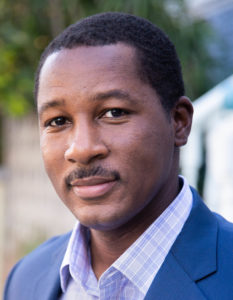
Scott Chilton, MIT ’08, who volunteers with SigEp’s Stanford chapter, noted that the need to serve remotely during the pandemic has presented volunteers with unlimited options regarding how and where they can give their time. “In the past, volunteering largely revolved around the physical location of the chapter. In the remote environment, we gained engagement from alumni who were either local, but unable to make it to campus for meetings, or lived further away.”
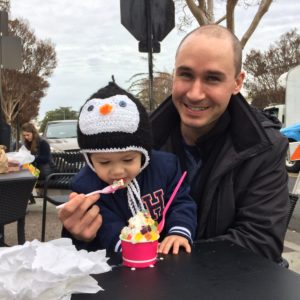 As one of the more than 450 alumni who began volunteering with a SigEp chapter during the pandemic, Ryan Denny, Stanford ’06, recognizes the important role engaged volunteers play in chapter success.
As one of the more than 450 alumni who began volunteering with a SigEp chapter during the pandemic, Ryan Denny, Stanford ’06, recognizes the important role engaged volunteers play in chapter success.
“I think the biggest value add [as a volunteer] is helping brothers see the big picture and figure out what is the game plan in this unusual time as we try to get back to normal,” Denny stated.
Chilton and Denny have been a source of strength, delivering encouragement and practical advice to the Stanford chapter at this critical juncture. The pair have assisted the chapter with everything from finances to operations.
Denny said he’s been able to dedicate more time to helping the chapter succeed because there’s no need to travel in order to meet with brothers in person. He can easily transition from a Zoom call with his coworkers to a Zoom call with undergrads and other volunteers — all while never leaving his home office. “I’ve had more frequent interactions with chapter members and the AVC as a result,” he added.
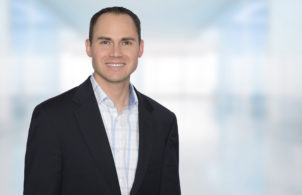 In addition to the convenience factor, Dave Friederichs, Northern Iowa ’00, appreciates how the ability to serve remotely has helped him become a better volunteer. Friederichs, who serves on the alumni advisory council for Northwest Missouri State, said it can be difficult for alumni to balance volunteering with work and family obligations — especially for those who don’t live close to campus.
In addition to the convenience factor, Dave Friederichs, Northern Iowa ’00, appreciates how the ability to serve remotely has helped him become a better volunteer. Friederichs, who serves on the alumni advisory council for Northwest Missouri State, said it can be difficult for alumni to balance volunteering with work and family obligations — especially for those who don’t live close to campus.
“The more you miss, the less effective you are,” said Friederichs, who began volunteering again in 2020 after taking a break for several years. “Being able to volunteer remotely eliminates a lot of the overhead that makes volunteering difficult, can help keep people engaged longer and opens volunteering with a particular chapter up to people who otherwise couldn’t.”
John Clark, Colorado State ’65, who serves as AVC president for his home chapter, said despite the initial challenges of operating remotely, the chapter had a successful year. Before 2020, the chapter frequently held dinners, basketball games and other events at the chapter facility as a way to get to know potential new members. But with the country still grappling with the pandemic as the fall 2020 semester began, the chapter had to come up with new ways to interact with PNMs.
 By hosting virtual recruitment events like house tours and game nights, along with a few small, socially distanced activities, the chapter was able to introduce itself to students who were looking to form genuine connections. As a result, Colorado State recruited a phenomenal 30 new members in the fall and an additional 14 members this spring.
By hosting virtual recruitment events like house tours and game nights, along with a few small, socially distanced activities, the chapter was able to introduce itself to students who were looking to form genuine connections. As a result, Colorado State recruited a phenomenal 30 new members in the fall and an additional 14 members this spring.
Clark emphasized that results like this don’t just happen, they’re the result of planning and effort. He spent time with members discussing strategies to continue building the potential new member list, holding virtual meetings with the recruitment committee each week to discuss their plans and progress.
“We’ve been quite successful with recruiting, but it hasn’t been easy. I think the main thing I’ve done is to encourage them to keep their eye on the ball,” he added.
With the Fraternity conducting leadership programs like Ruck Leadership Institute, Tragos Quest to Greece, and Career Coaching virtually, volunteers have also found opportunities to engage with undergraduates as facilitators and presenters without having to be at a specific geographic location.
“Career Coaching is a great way to give back to our brotherhood that has had such a positive influence on us, shaping us to be compassionate people and leaders in organizations throughout our communities and industries,” said Randy Brooks, Lawrence Tech ’72. Brooks recently coached an undergraduate through the program. “Providing career development to rising talent within Sigma Phi Epsilon is a great feeling and allows us to help others accelerate their careers.”
While initially implemented to ensure our undergrads could receive uninterrupted development opportunities, SigEp’s shift to remote operations during the pandemic has also broadened the alumni perspective of volunteer engagement. With more volunteers exposed to the benefits of serving virtually, the Fraternity has expanded its ability to impact brothers now and in the future.
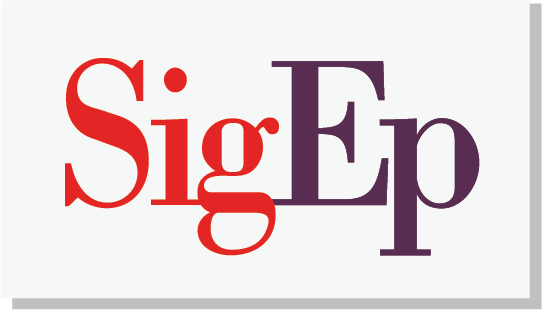





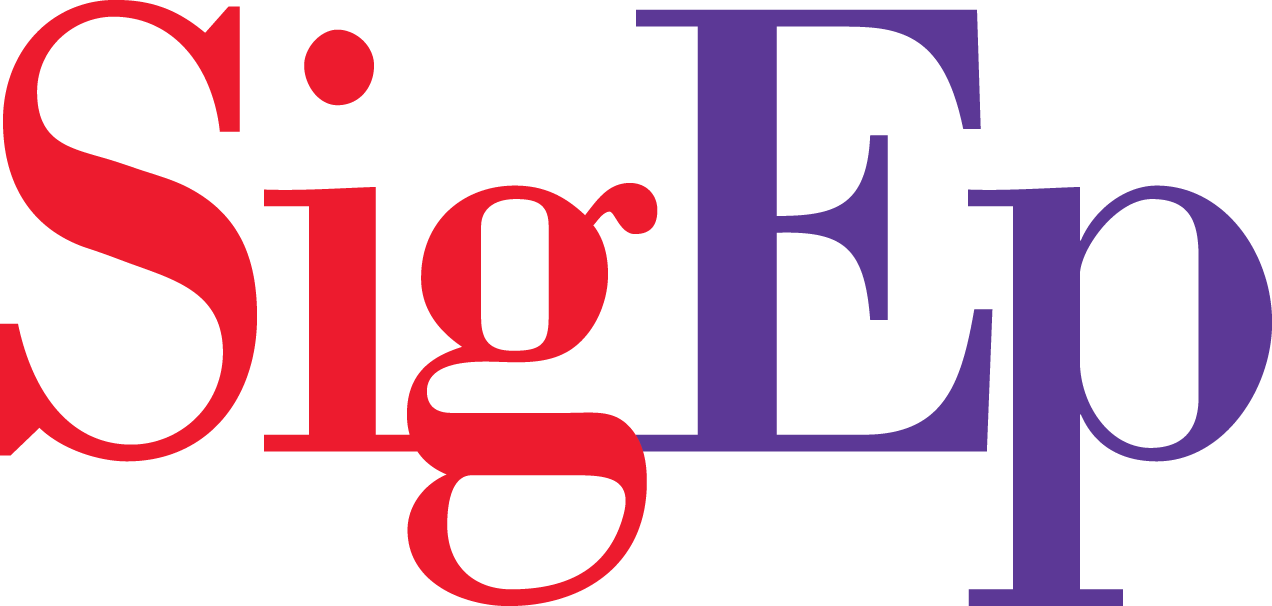


Leave a Reply